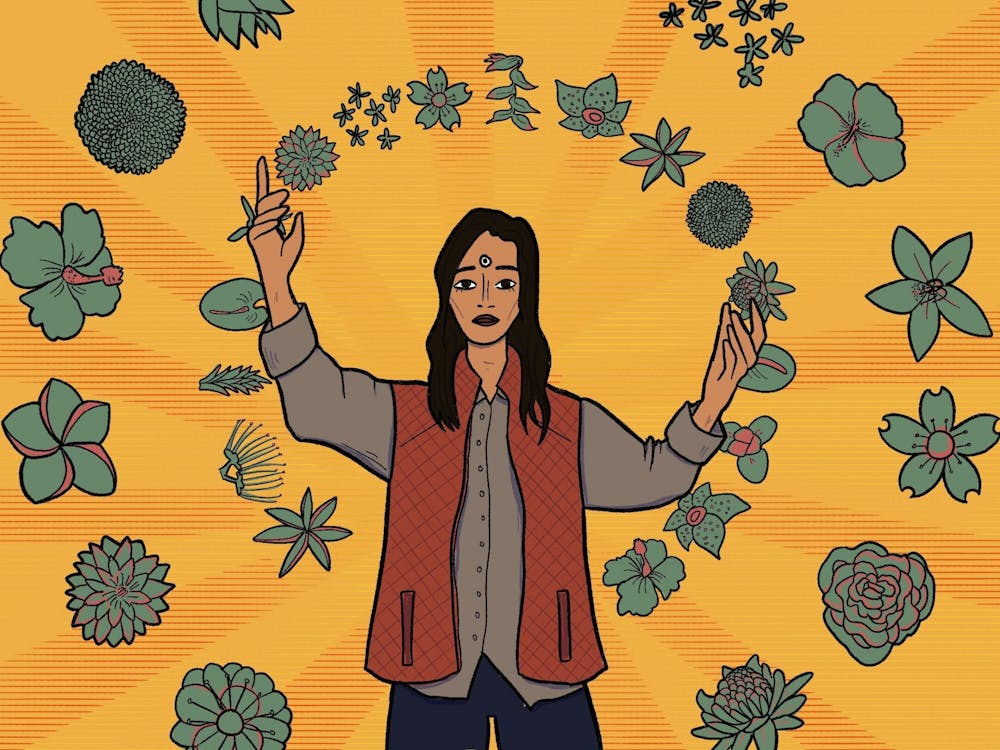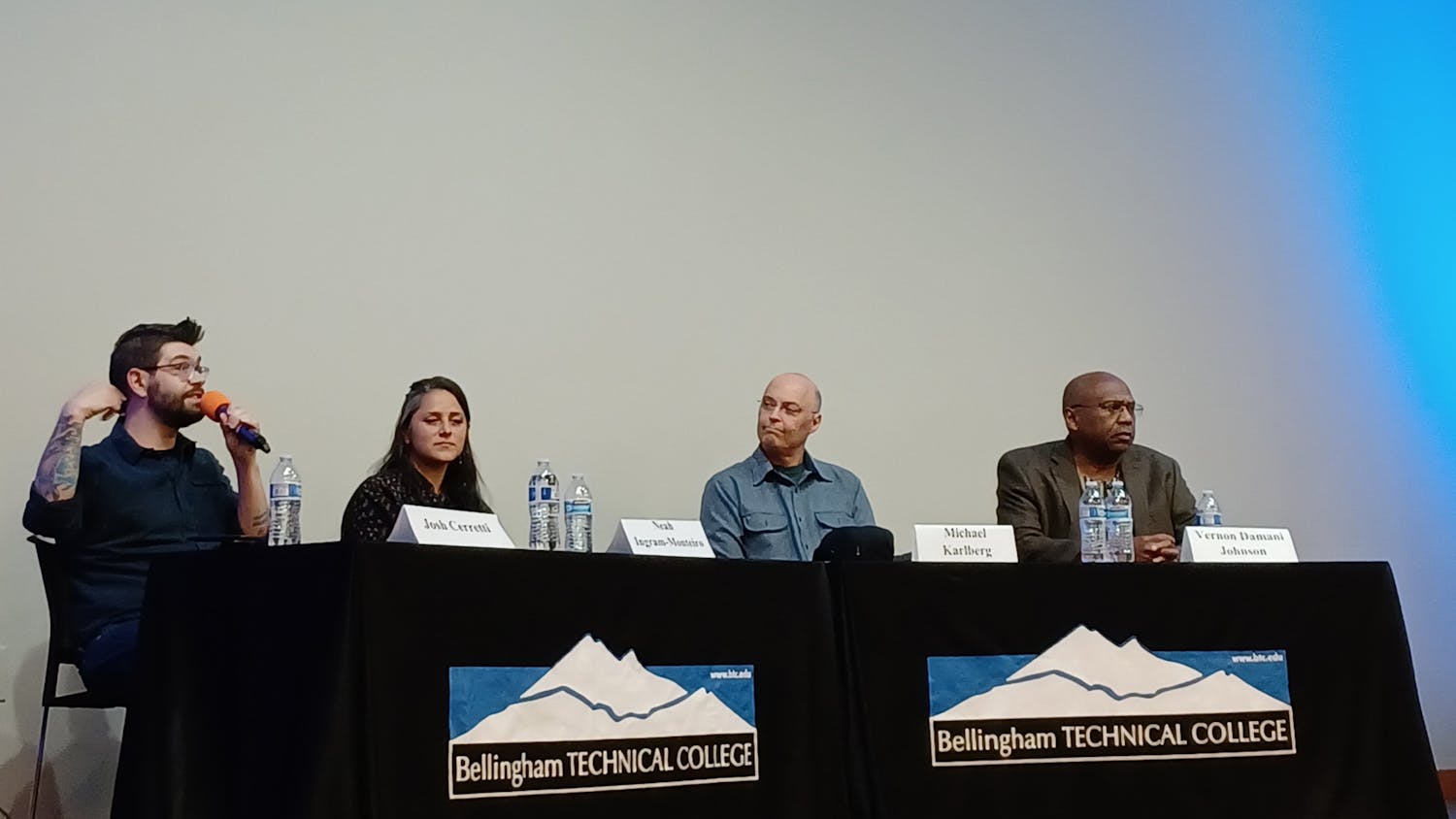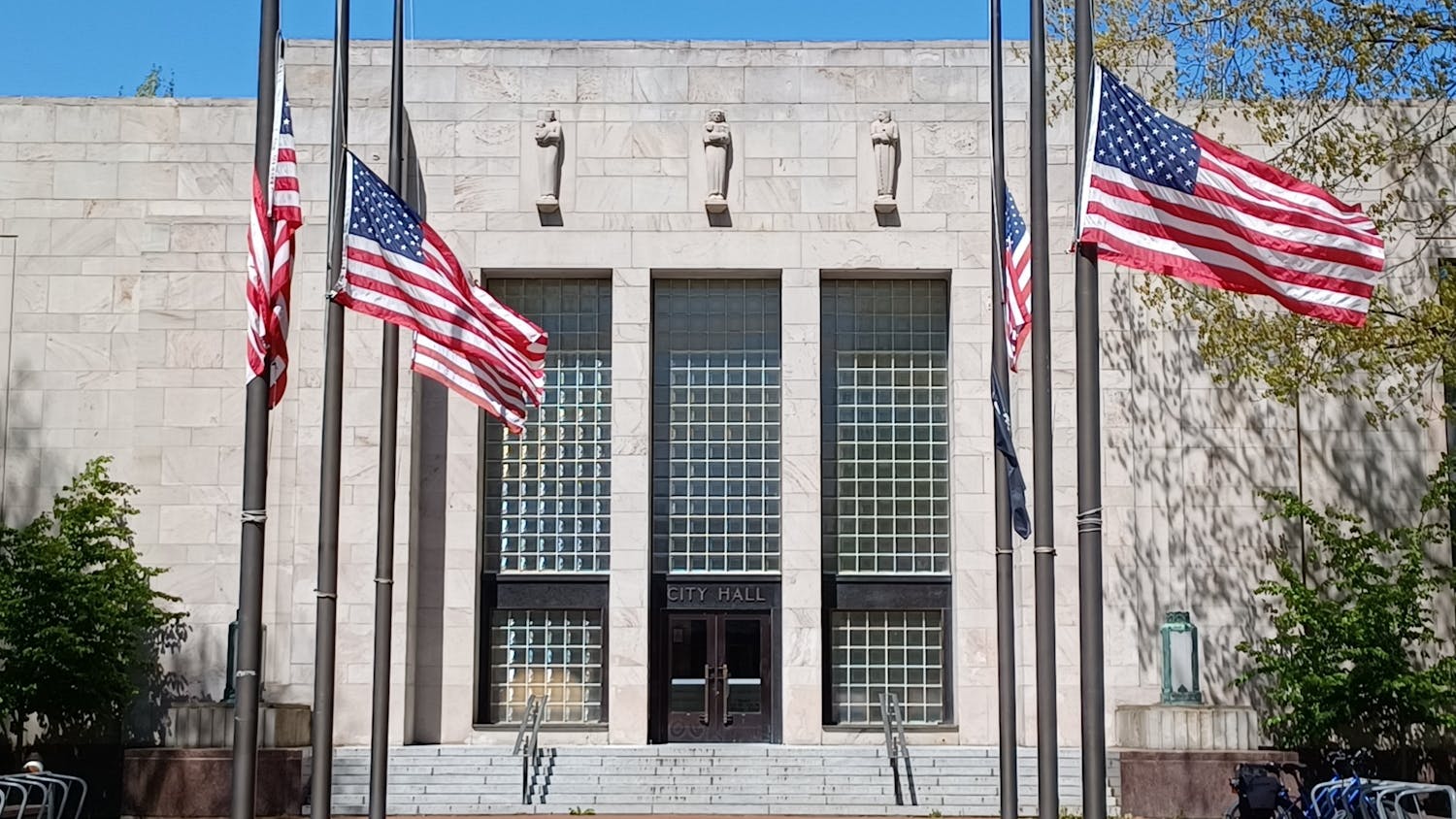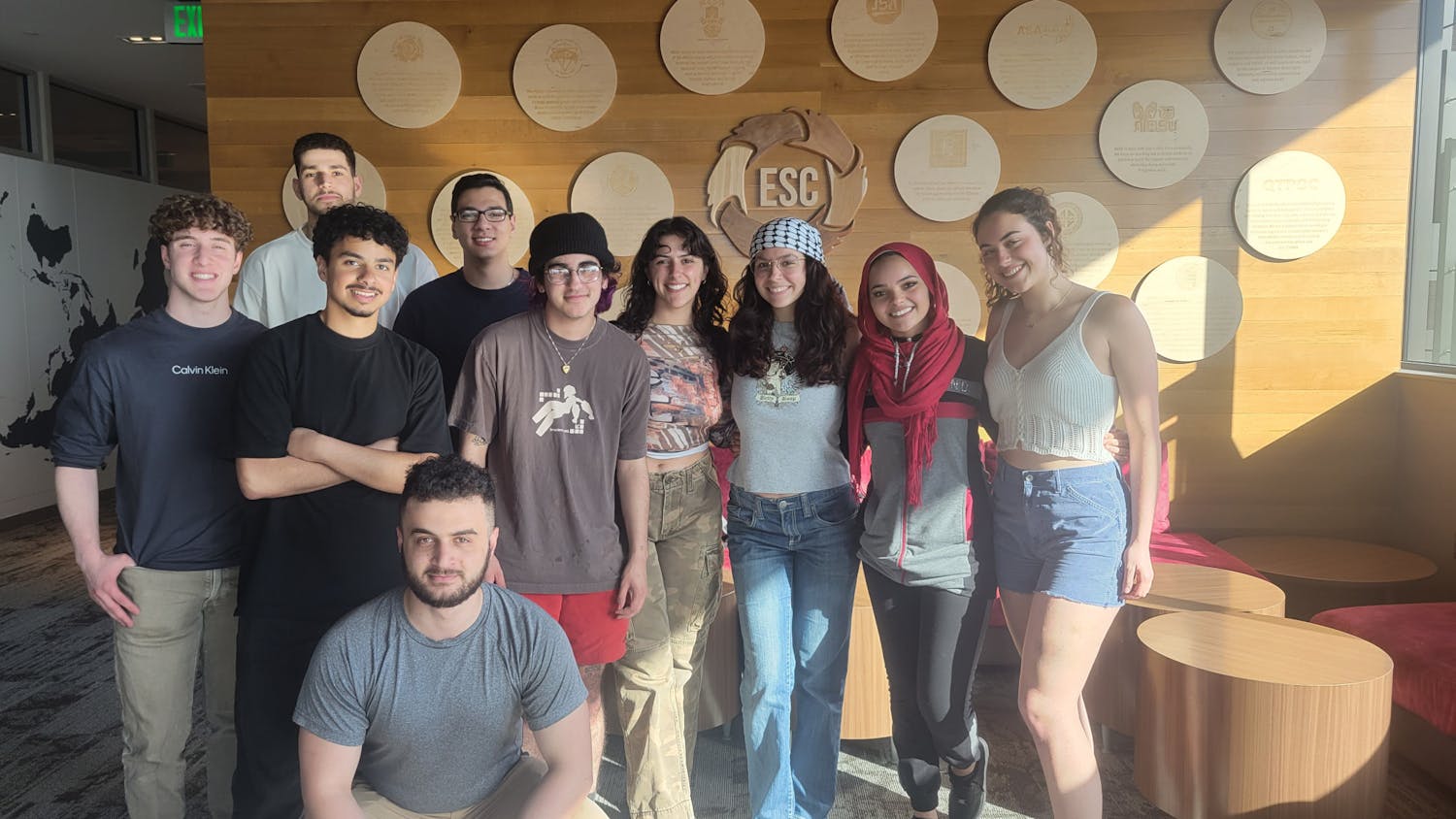May is Asian Pacific Islander Desi American Heritage Month. APIDA is a pan-ethnic classification that encompasses a wide variety of people, cultures and experiences. Western Washington University has chosen to spotlight the month, inviting people to answer the question: “What does APIDA mean to you?”
To Katrisha Andrada, a fifth-year Western student, the term is complicated.
“I'm so aware of being Asian American, specifically Filipino, all the time. I'm constantly placing in my head where I fit into social group situations,” they said.
Although some may be more familiar with the term Asian American and Pacific Islanders, APIDA was chosen deliberately by the APIDA Heritage Month planning committee, according to Amy Salinas Westmoreland, director of multicultural student services.
“It is a more representative term that includes Desi-identified people,” she said.
Desi is a term often used to describe people of South Asian descent. Though the explicit inclusion of Desi people is a step forward in encompassing the range of APIDA identities, APIDA can still be a term that doesn’t feel as inclusive as it should be. Andrada has experienced this firsthand.
“Fitting into the Asian American identity as a Filipino can be a little hard,” they said.
The discrepancy can be attributed to many things, such as colorism within the community, a focus on East Asia when discussing APIDA culture and issues, a lack of media representation and significant cultural differences, such as the closer tie to Christianity in the Philippines due to the Spanish Inquisition.
At noon on Wednesday, May 24, there will be an event called “Internal Hierarchy” in the Viking Union room 735 wherein the APIDA community and the complications found within it will be discussed, including language and religious barriers.
Conflictions from both inside and outside the community are prevalent in much greater contexts, according to Midori Takagi, Western’s Asian American studies coordinator.
“There hasn't been enough recognition of, and support to, Asians and Asian Americans who have been victims of racialized violence. Many South Asian Americans since the 1990s, and an uptick following 9/11, have been attacked,” she said via email.
Western’s history with issues that affect APIDA students goes back quite far. When students at universities in California went on strike in the 1960s to demand, among other things, ethnic studies classes, that impact was felt at Western.
“The students here demanded classes that represented their racial and ethnic background and to have professors who would be role models to students of color,” Takagi said.
In the 1970s, the “Asian American Experience” class was created at Western, which today remains as “Introduction to Asian American Studies.”
This class also faces the issue of accurately depicting the diversity within the APIDA community. The material focuses primarily on East Asian countries and cultures, with Andrada pointing out the lack of representation of Filipino people.
Westmoreland and the team that helped to put together Western’s events for the month are aware of the hurdles that come with trying to represent a group of marginalized people in a single identification.
“We asked ourselves, is the term APIDA an adequate representation for such a large and vastly diverse population? You'll see in some of our programming that we grapple with that question,” she said.
On Wednesday, May 24, at 6 p.m, an event put together by Western called “Stories that Shape Us” will be held at the Bellingham Depot Market Square. It will be a celebration of heritage and a learning opportunity for the community, not limited to people who identify as APIDA.
“I want people to learn something from these events and to think of ways they can be better allies to our APIDA community,” Westmoreland said.
The month’s events culminate in a screening of “Everything Everywhere All at Once,” a highly acclaimed movie which has received 11 Oscar nominations and won seven. The film is centered around a Chinese American immigrant and explores themes of family, Asian American identity and generational trauma. The screening will be at 5:30 p.m. at the Performing Arts Center main stage on Tuesday, May 30.
The point of the month and its events is to balance both important information and celebrations of joy. There are struggles found in APIDA spaces from both within and outside the community, but the vast array of people also allows for a deeper understanding across identities and cultures.
Engaging with these events can allow students a glimpse into a space they may not be familiar with, expanding their worldview even just a little bit.
“There's always more to know about where you came from and who you are, and I think that is just such a lovely privilege to have in this life,” Andrada said.
Kumiko Juker (she/her) is a campus life reporter for The Front this quarter. When she's not checking her email, she enjoys spending time with her friends, writing poetry and accumulating random knowledge. She can be reached at kumikojuker.thefront@gmail.com.






